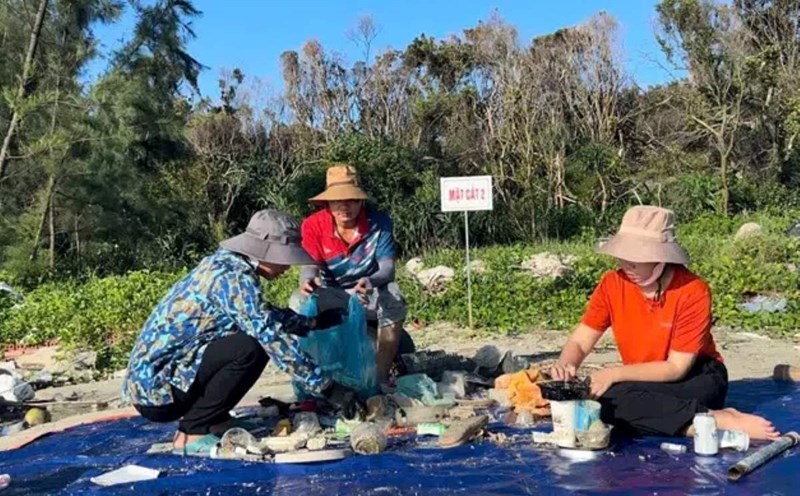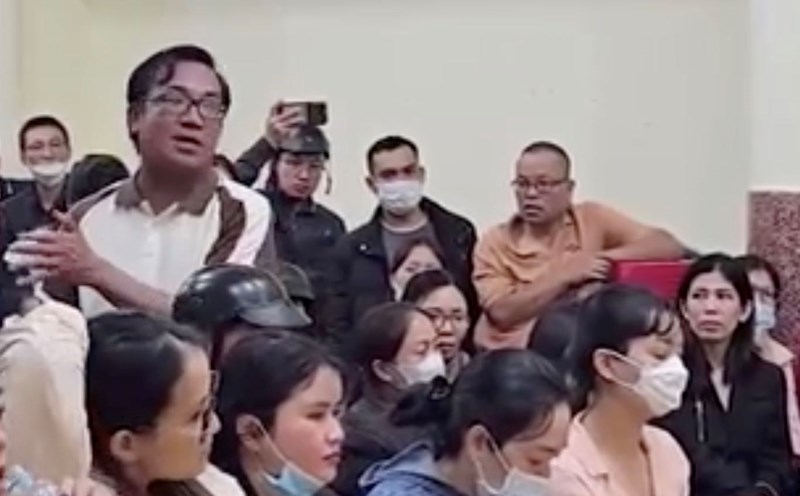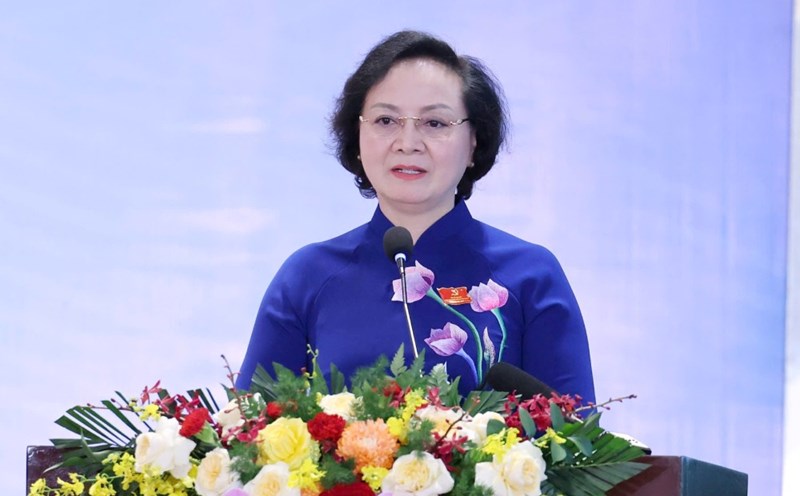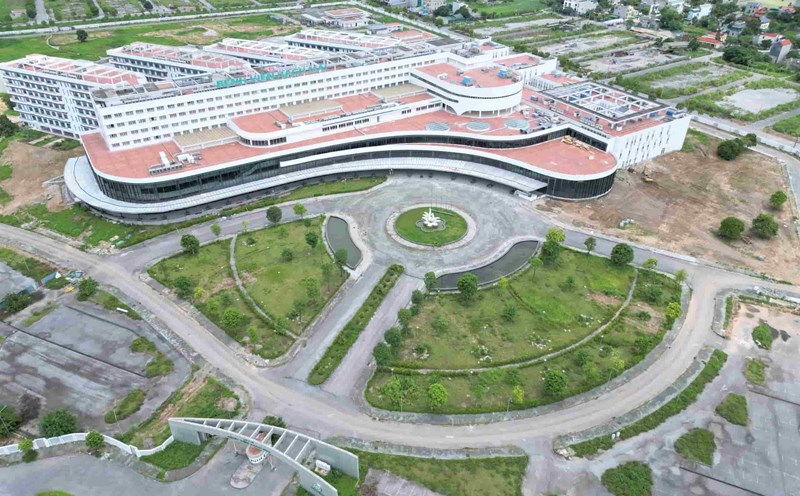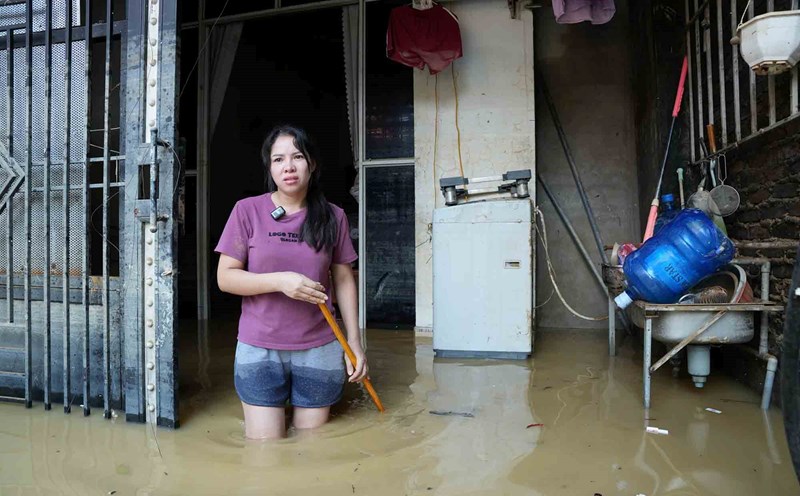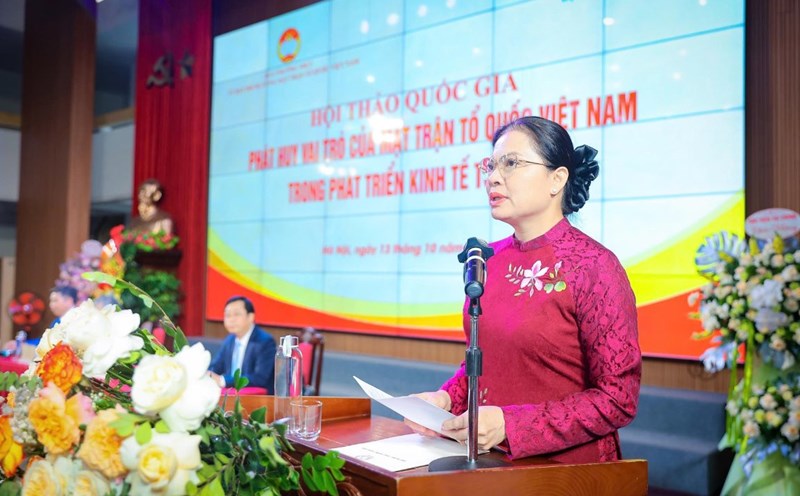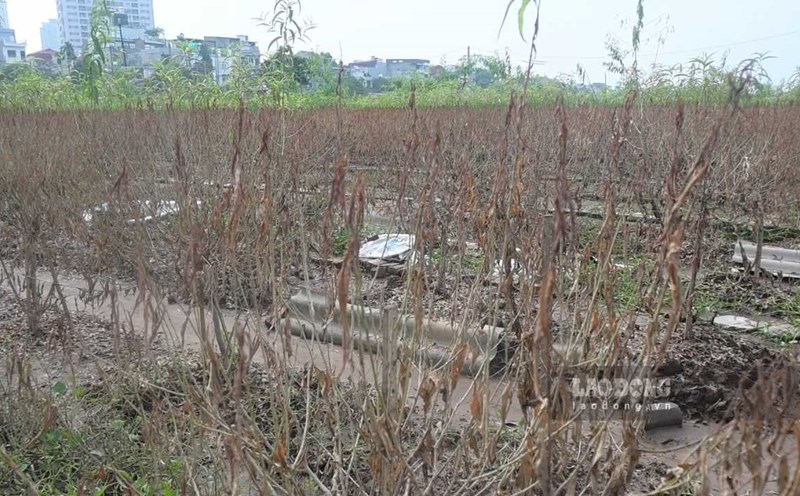According to a survey by the World Bank in 2022, urban riverside areas such as Can Tho have a density of up to 34.5 items per survey unit, nearly 3 times higher than rural areas.
Faced with challenges in pollution, the Department of Education and Training of Can Tho City has identified environmental education and sustainable development education as a key task. Accordingly, many schools have built ecological gardens and clean vegetable gardens for boarding meals; cooperated with businesses to collect recyclable waste, raise scholarship funds; organized the movement "Exchanging plastic waste for green trees".
However, in reality, the implementation and implementation work has encountered many difficulties when the facilities of many schools are still limited and the waste treatment and collection system is not synchronous. In particular, the habit of using single-use plastic is still popular in the community, affecting the maintenance of the model in schools. Some teachers and students have changed their behavior unsustainably, requiring more time and supervision.
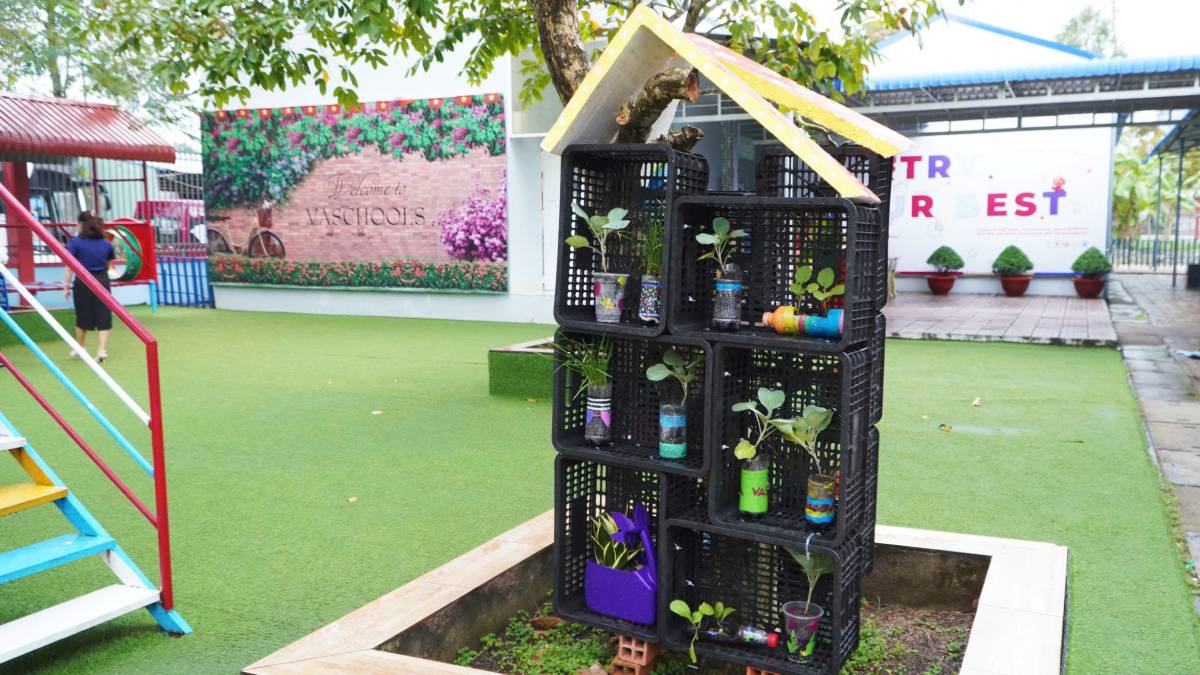
As the first prize winner at the ASEAN Eco-Schools Award Vietnam 2024, Viet My School for the Gifted (Can Tho City) frankly shared the difficulties in the early stages of implementing the model.
At first, students were quite confused because the habit of using plastic at one time had been formed for a long time. Therefore, in addition to encouragement and motivation, it is difficult to make each teacher an example for students to follow, said Ms. Tran Thi My Huyen - Assistant to the Board of Directors of Viet My High School.
To solve these problems, Ms. Huyen said that the school has built a long-term plan, focusing on 3 core contents, including developing qualities and personal capacity towards community awareness; propaganda and education activities; experiential and practical activities. From there, help children be interested in and proactive in classifying waste, recycling disposable plastic cups and bottles into useful products, contributing to environmental protection.
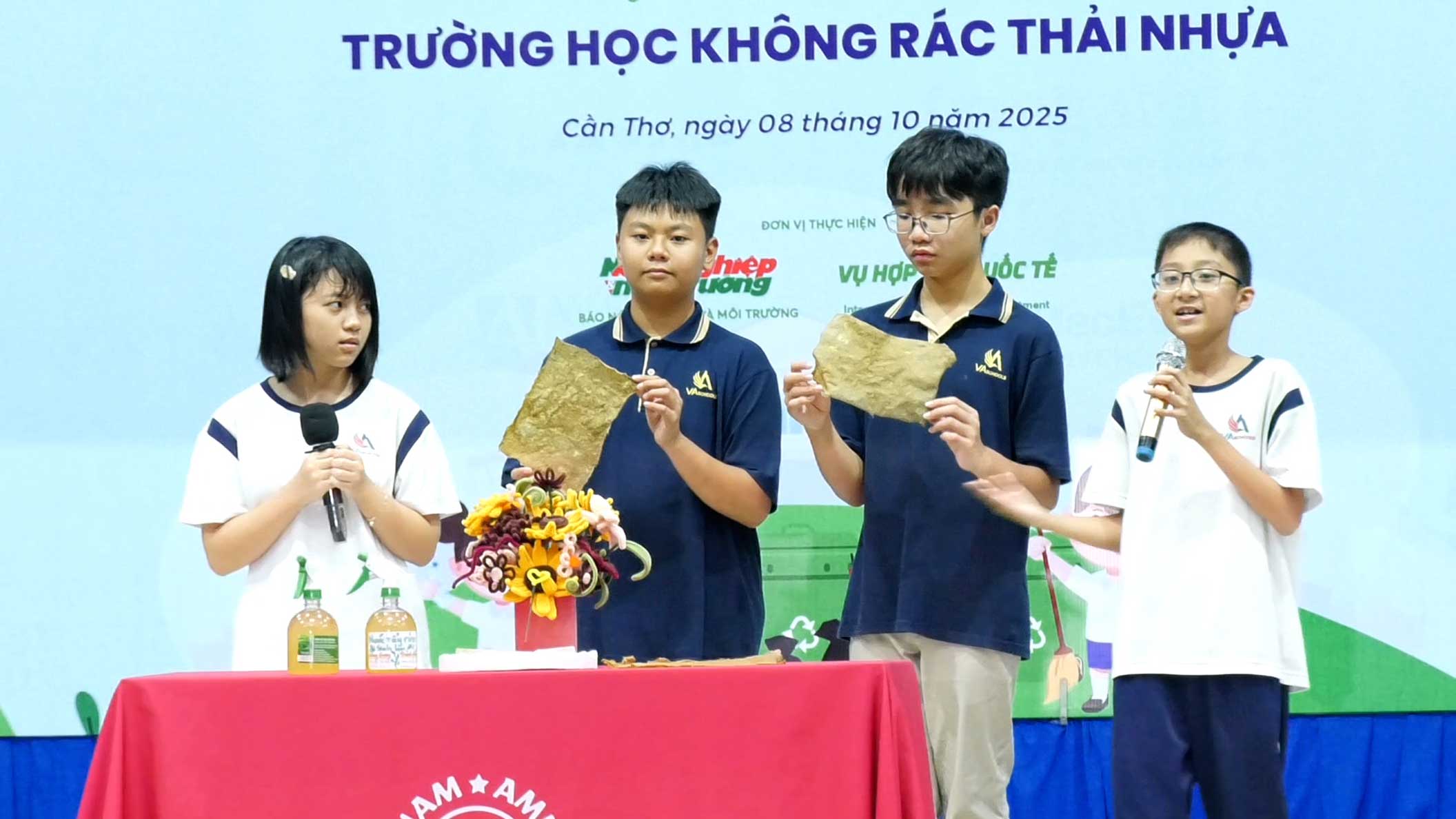
Changing students' habits is also identified by FPT Can Tho General School as an important task in building an ecological school, free of plastic waste. According to Ms. Nguyen Thi Uyen Thuy - Principal of the school - students have formed a culture of building a green, clean and beautiful school through self- equipping personal water bottles, minimizing the use of single-use plastic or plastic waste.
To change students' habits, in addition to encouragement and propaganda, the school has integrated criteria related to reducing plastic waste and protecting the environment into each specific subject, such as printing and using recycled materials in assigned projects and exercises. Thereby, both raising awareness and recognizing the contributions of students by adding encouragement points, said Ms. Thuy.
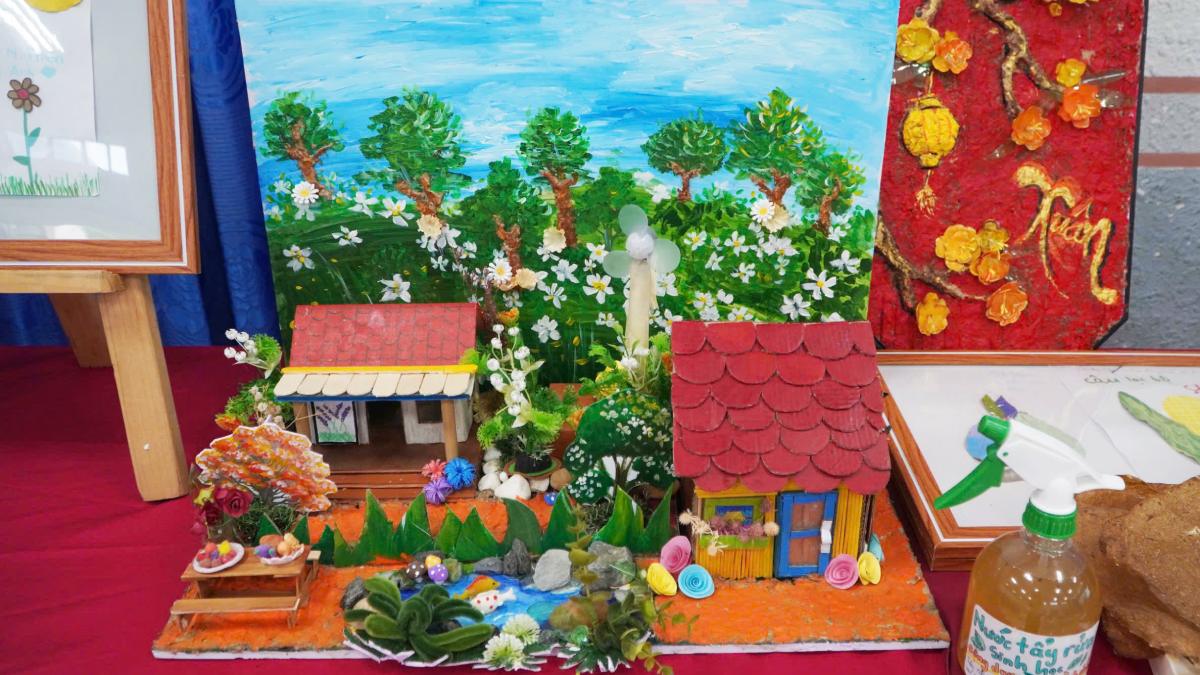
According to Prof. Dr. Nguyen Thi Kim Cuc - Member of the selection Council of the ASEAN Eco-Schools Vietnam Award in 2025 - currently, many educational institutions have been transforming from green - clean - beautiful schools to the ecological school model. To do this, it is important to note that there must be a specific roadmap. This roadmap can last 1 year or more years, but must be built and have a clear implementation plan, with certain resources.
Regarding human resources, teachers need to participate in seminars, training or small training sessions to best understand and practice the meaning of the ecological school model. From there, they can impart skills and knowledge to students. As for materials, the school needs to have a specific plan for the unit's finances, socialize or call for support from teachers through contributing labor to implement the original plan, shared Prof. Dr. Nguyen Thi Kim Cuc.

